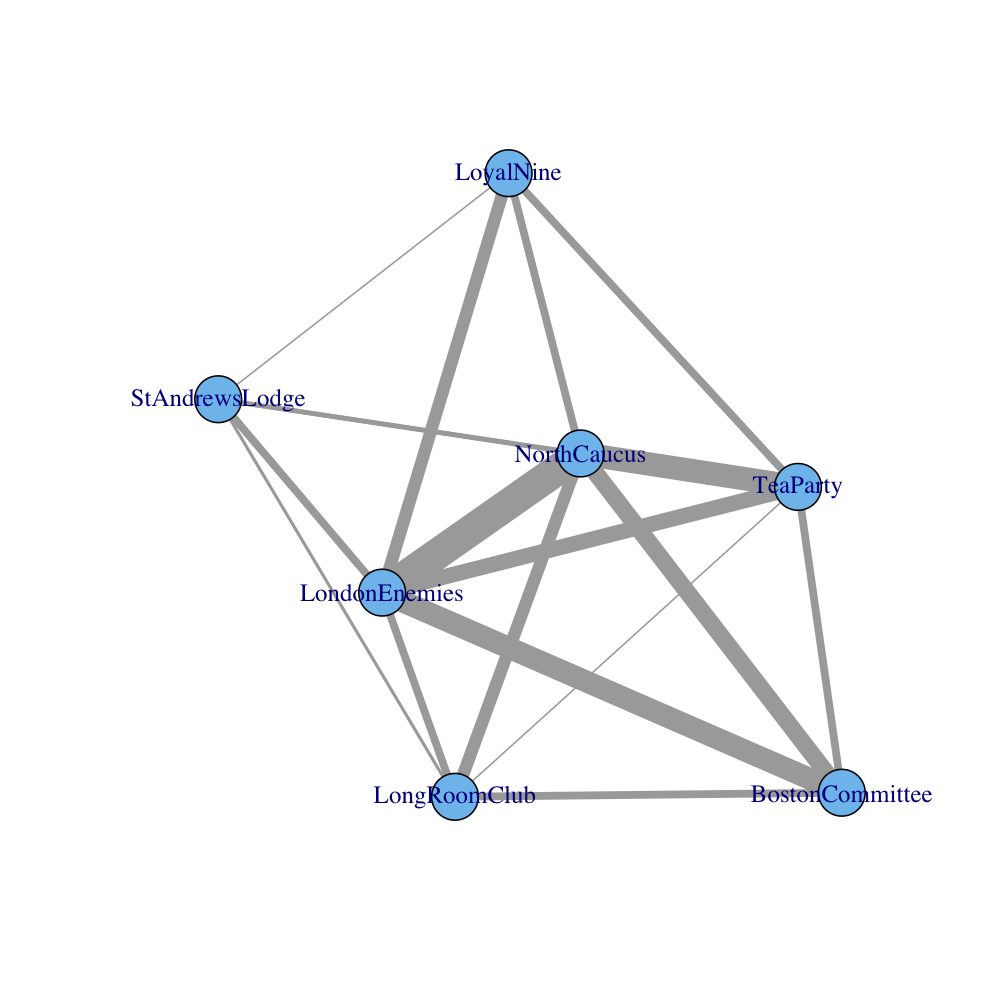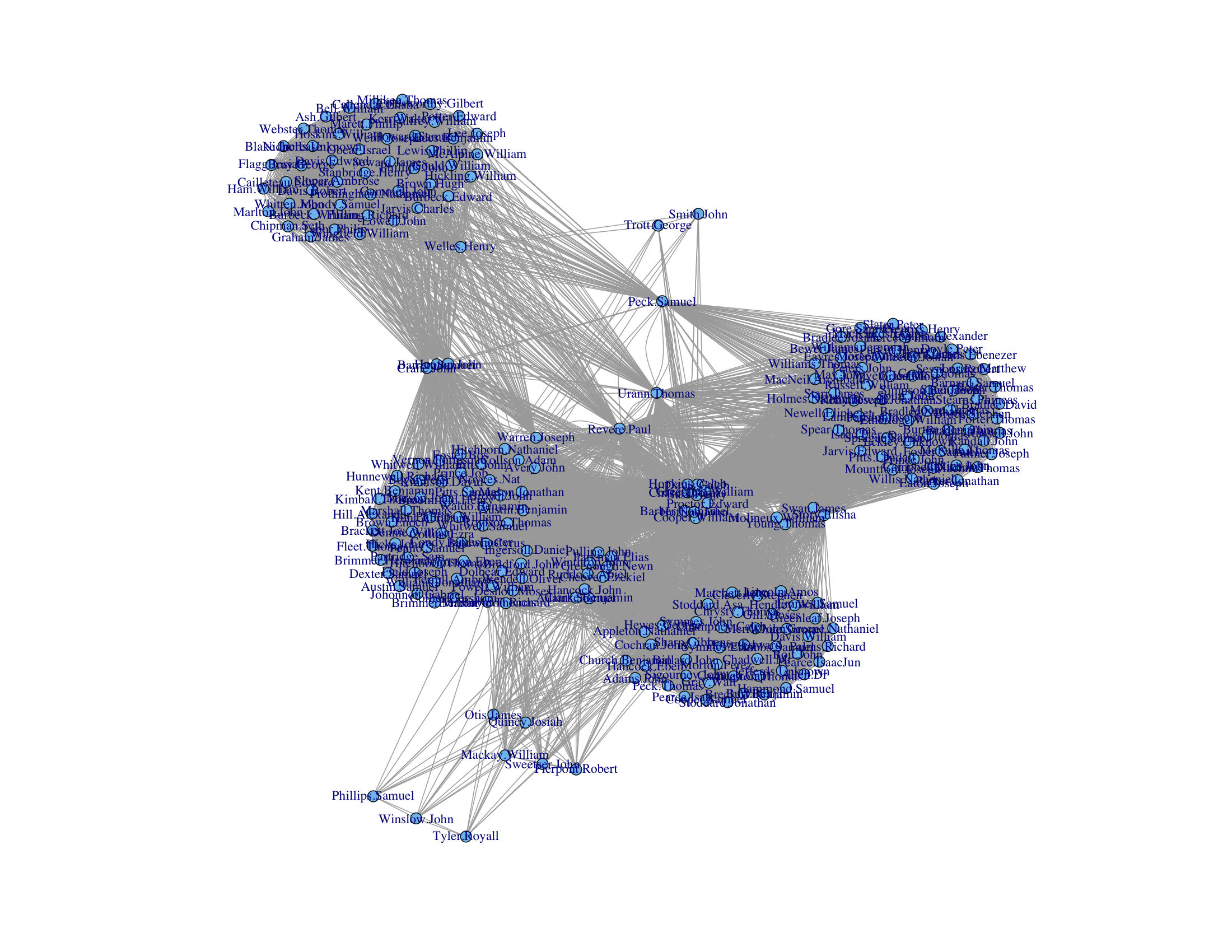Re: NSA whistleblower Edward Snowden: 'I don't want to live in a society that does these sort of things'
unfortunately the covert collection, analysis, and storage of our online communications extends beyond what the government does. In fact, either covert or overt, it's the very business model of many online entities nowadays, from ranging anywhere Google to Facebook. It is very likely that your ISP is offered big money from these type of parties to let them do deep packet inspection on all your internet traffic, technically giving them full access to all your unencrypted communications.
The internet has enabled many interesting changes in societies; however, the technological dangers from letting anyone have too much access to all communication data is a potential enabler of a form of totalitarianism of the scariest kinds.
Personally, I am pessimistic that legislation will be able to address this issue, and think only a technological solution can fix this.
Originally posted by EJ
View Post
The internet has enabled many interesting changes in societies; however, the technological dangers from letting anyone have too much access to all communication data is a potential enabler of a form of totalitarianism of the scariest kinds.
Personally, I am pessimistic that legislation will be able to address this issue, and think only a technological solution can fix this.



Comment